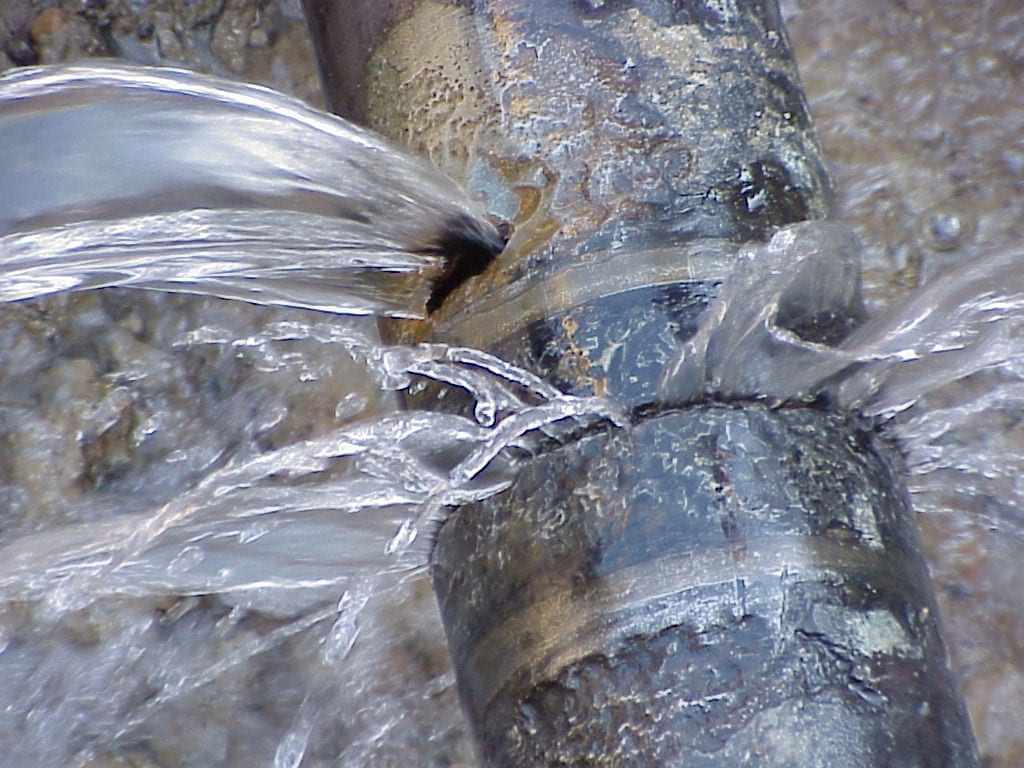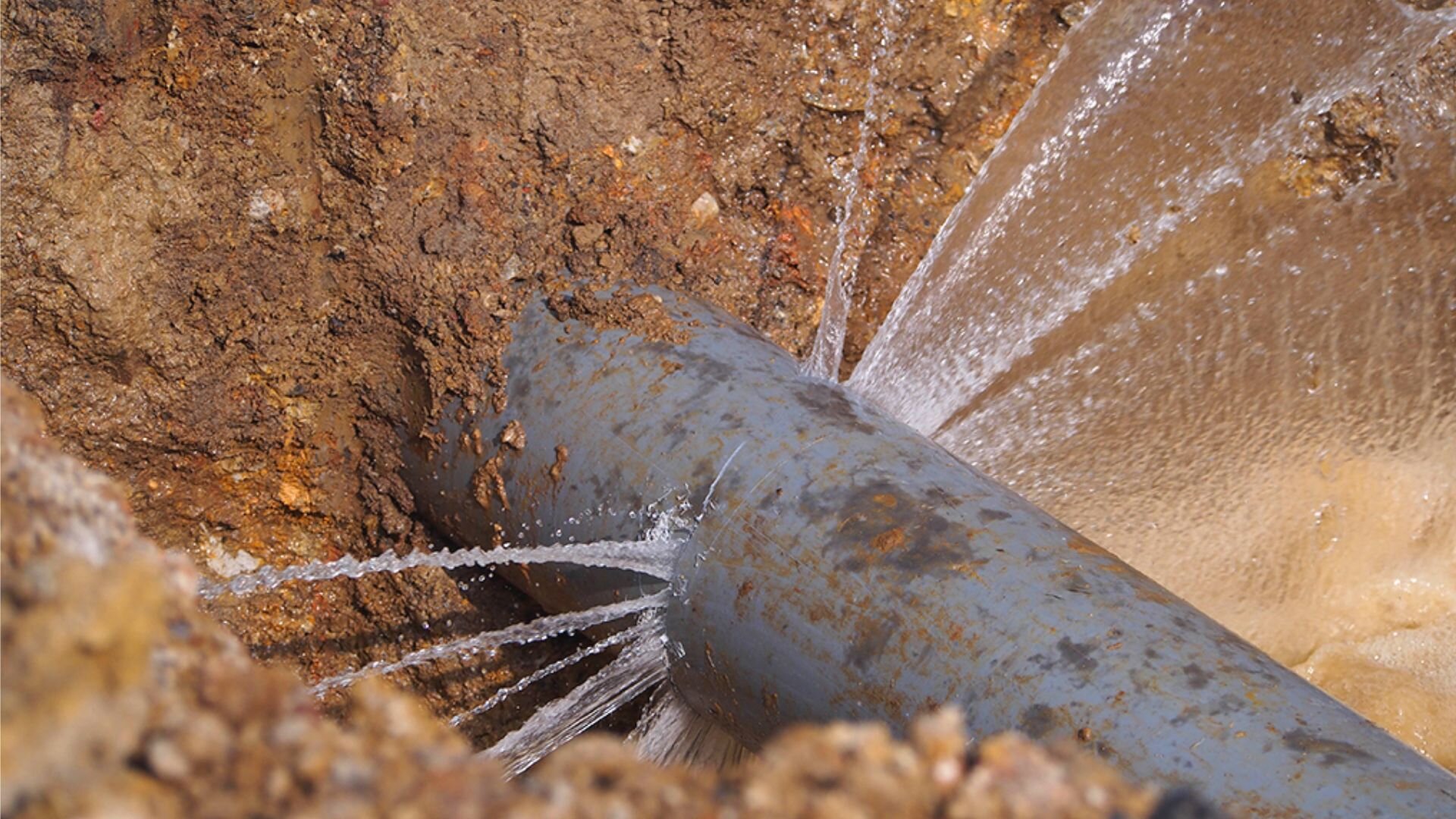Understanding the Causes of a Burst Pipe and How to Prevent It
Understanding the Causes of a Burst Pipe and How to Prevent It
Blog Article
Avoiding Burst Piping: Essential Tips to Shield Your Pipes
Preventing burst pipes is an important issue for house owners, particularly throughout cooler months when the threat of cold is increased. Executing critical procedures such as proper insulation, routine examinations, and keeping regular interior temperatures can substantially decrease the chance of pipeline failing. In addition, comprehending emergency treatments equips property owners to respond promptly to possible pipes issues. Lots of are unaware of the certain susceptabilities that their pipes may face. Checking out these vulnerabilities can give indispensable insights into guarding your plumbing system efficiently.
Understand Pipe Vulnerabilities
Understanding pipeline vulnerabilities is essential for effective pipes upkeep and avoiding expensive damages. A number of elements contribute to the vulnerability of pipelines to bursts, consisting of material make-up, age, and ecological problems. Older pipes, especially those made from galvanized steel or polybutylene, frequently break down gradually, resulting in raised danger of leaks and tears.
Temperature level variations can also dramatically effect pipe integrity. In cooler environments, water entraped in pipes can ice up, putting in and increasing stress on the pipe wall surfaces, which might ultimately bring about a burst. High water pressure can strain pipes, particularly at bends and joints, heightening the possibility of failure.

Insulate Piping Correctly
Proper insulation of pipes is important for protecting against freezing and succeeding bursts throughout winter (burst pipe). Protecting your plumbing system effectively safeguards against temperature goes down that can bring about pricey damage. Begin by identifying prone locations where pipes are exposed to exterior temperature levels, such as cellars, attic rooms, and outside wall surfaces
Usage foam pipe insulation sleeves or cover insulation tape around these areas to give a protective barrier. Ensure that all sections of the pipes, particularly those with restricted heat exposure, receive appropriate insulation. Pay unique interest to installations and joints, as these are more vulnerable to freezing.
When protecting, it's necessary to choose products that meet local building ordinance and are appropriate for the particular atmosphere. Fiberglass insulation is usually suggested for its thermal resistance residential or commercial properties. Additionally, think about making use of warm cables or tape in extreme problems, which can be plugged in to supply additional warmth
On a regular basis check insulated pipelines for any type of indicators of wear or damage, as endangered insulation can diminish its effectiveness. By taking these positive actions, you dramatically minimize the danger of pipeline ruptureds, making certain a reliable plumbing system throughout the cold weather.
Maintain Consistent Temperature Level
A secure indoor temperature is crucial for protecting against ruptured pipes during the freezing months. When temperature levels drop, water within pipelines can freeze, developing and increasing pressure that may eventually create the pipes to ruptured.Making use of a programmable thermostat can aid handle interior temperatures properly, ensuring that spaces with plumbing remain cozy also when the residence is vacant.
On top of that, it is sensible to enable faucets to leak somewhat during extreme cold snaps. This minor flow of water can prevent cold by minimizing stress within the pipes. Moreover, throughout particularly serious weather condition occasions, take Discover More into consideration temporarily putting on hold any kind of nighttime troubles on your thermostat to preserve a steady cozy setting. By executing these techniques, house owners can substantially minimize the threat of pipe ruptureds and safeguard their plumbing systems against the harsh winter months aspects.
On A Regular Basis Examine Pipes
Regular evaluations of pipes systems are important for stopping ruptured pipes and preserving general home honesty. During these inspections, it is essential to check out visible pipelines for indications of rust, leaks, or wear.
Furthermore, evaluating joints and links is crucial, as these points are usually prone to leakages. Property owners need to likewise assess water pressure levels, as too much stress can stress the pipes system and boost the threat of pipeline bursts.
Consider organizing expert pipes inspections at least when a year, particularly prior to winter months, to guarantee your system is prepared for chillier temperature levels. By being aggressive in your technique, you can protect your home against the costly and turbulent consequences of ruptured pipelines.
Know Emergency Situation Treatments
Understanding emergency procedures is crucial for every single homeowner, especially after carrying out routine pipes evaluations. Being prepared for a pipes emergency can significantly alleviate damage and conserve prices. Initially, find your primary water shut-off valve; it is normally discovered near the water meter or where the main line enters your home. Familiarize on your own with its operation, as shutting down the water rapidly can protect against considerable flooding.
Following, keep crucial tools useful. A pipes emergency kit must consist of a wrench, plunger, and towels, in addition to a flashlight and a pail for little leakages. In addition, take into consideration having the call information for a trusted plumbing technician easily available, needs to the scenario intensify past your control.
If you spot a leakage or ruptured pipe, instantly transform off the water and inform your plumbing technician. Document the damages with photographs for insurance purposes. Know the indicators of possible pipes concerns, such as unusual water pressure fluctuations or damp places on wall surfaces
Ultimately, positive knowledge and speedy activity are vital in managing plumbing emergency situations, ensuring your home continues to be secured and minimizing potential damage.

Conclusion
To conclude, stopping burst pipes demands a complex approach that includes understanding pipeline vulnerabilities, correct insulation, keeping regular interior temperatures, normal examinations, and understanding of emergency procedures. By executing these necessary approaches, the risk of plumbing failings can be substantially reduced, thus ensuring the longevity and efficiency of the plumbing system. Aggressive measures not only secure versus potential damage discover this info here however also contribute Source to general water preservation and the defense of residential or commercial property.
In cooler environments, water trapped in pipelines can ice up, exerting and broadening pressure on the pipeline walls, which may ultimately lead to a ruptured. When temperatures drop, water within pipes can ice up, increasing and creating pressure that might inevitably cause the pipelines to ruptured. By applying these techniques, property owners can significantly decrease the threat of pipe ruptureds and safeguard their plumbing systems against the extreme winter elements.

Report this page